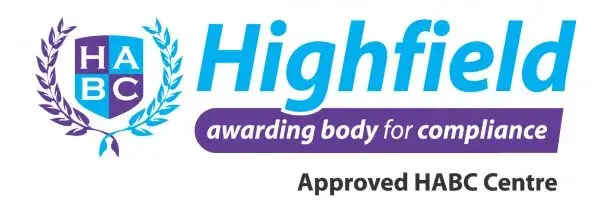What is Natasha’s Law? In July 2016, Natasha Ednan-Laperouse bought an artichoke, olive and tapenade baguette from Pret a Manger in Terminal 5 of Heathrow Airport. Halfway through her flight, Natasha developed a severe allergic reaction to the baguette. Tragically, Natasha died later the same day from the reaction.
The inquest that followed found that sesame, an ingredient Natasha was severely allergic to, was not listed as an ingredient on the baguette. As a result of these events, in September of 2016, the government announced its intention to introduce a new law to tighten food safety, including labelling requirements. “Natasha’s Law” came into effect on the 1st of October 2021.
You may also like Why Food Handlers Need Food Safety Level 2 Right Now
How Does Natasha’s Law Effect Your Business?
Up until now, food prepared on the premises in which it’s sold — known as foods ‘pre-packaged for direct sale’ (PPDS) — does not need to display allergen information on the label. But when Natasha’s Law came into force, all food businesses in England (and later, in the UK), had to list all the ingredients of food PPDS.

Alternatively, if you are a business owner concerned if you’re not following Natasha’s Law and want to ensure your staff are following proper procedure why not consider retraining your team in Food Hygiene & Safety?
Why Learn about Food Hygiene and Safety?
A Level 2 Food Hygiene & Safety course is the most common training course taken by everyone from sandwich makers to staff and cooks. It’s a foundational course that provides a minimum qualification for anyone who is being employed to handle food. With stricter measures in place within food productions, including Natasha’s Law, a qualification should be a top priority for anyone involved in the preparation of food. . The courses help employees understand the importance of food hygiene — including the systems, techniques and procedures involved as well as develop confidence and expertise in delivering & selling food safely.
There is also a legal requirement that everyone who handles food in any capacity in a catering environment has received the appropriate supervision and training. The Highfield Level 2 Award in Food Safety in Catering (RQF) is a qualification that fits this bill perfectly and is the most popular food safety qualification accepted by enforcement officers and auditors, accounting for 70% of all regulated food safety qualifications and certifying over 350,000 people every year.
The course covers the following topics:
- Law Compliance – One of the most important aspects of any hygiene and safety course is that what you are learning complies with government standards. Now, more than ever, we must be complying with the law on both a moral and customer relations level.
- Scientific Knowledge – Not only does the course cover the more general practices and precautions that employees should be taking, it also underlines the science behind those practices. This includes all of the microbiological, chemical, physical and allergenic hazards of a food-based environment and how to control them.
- Practical Advice – There are several practical tips offered by the course that might otherwise be overlooked by those who haven’t come from a food preparation background. These include the practicalities of temperature control and stock rotation, as well as tips for keeping work areas and equipment clean and safe at all times.
- Personal Hygiene – This is the big one, as in a post-lockdown world, whilst businesses can take every possible precaution to encourage employees to practise good hygiene, it is ultimately up to the individual. By learning the best personal hygiene practices and their significant importance, individuals will have the best possible chance of preventing contamination. This goes beyond simple hand washing and also includes best practices on protective clothing, cuts and reporting illness, which will be particularly important in a world still living with coronavirus.
- Waste Disposal and Pest Control – Pest control is a fundamental aspect of every food safety course but when it comes to waste disposal, there are going to be more stringent expectations in place given the potential for coronavirus contamination.

What Should Be Your Next Steps?
Natasha’s Law helps to protect allergy sufferers and makes it easier for them to identify safe foods. If your business isn’t following the correct procedures to be abiding by Natasha’s Law, Buddy can help. Our friendly team at Buddy are always on hand to help answer any queries you might have around Natasha’s Law, Food Hygiene and helping you find a suitable method of training. Contact the Buddy team today to speak to a member of our sales team.

